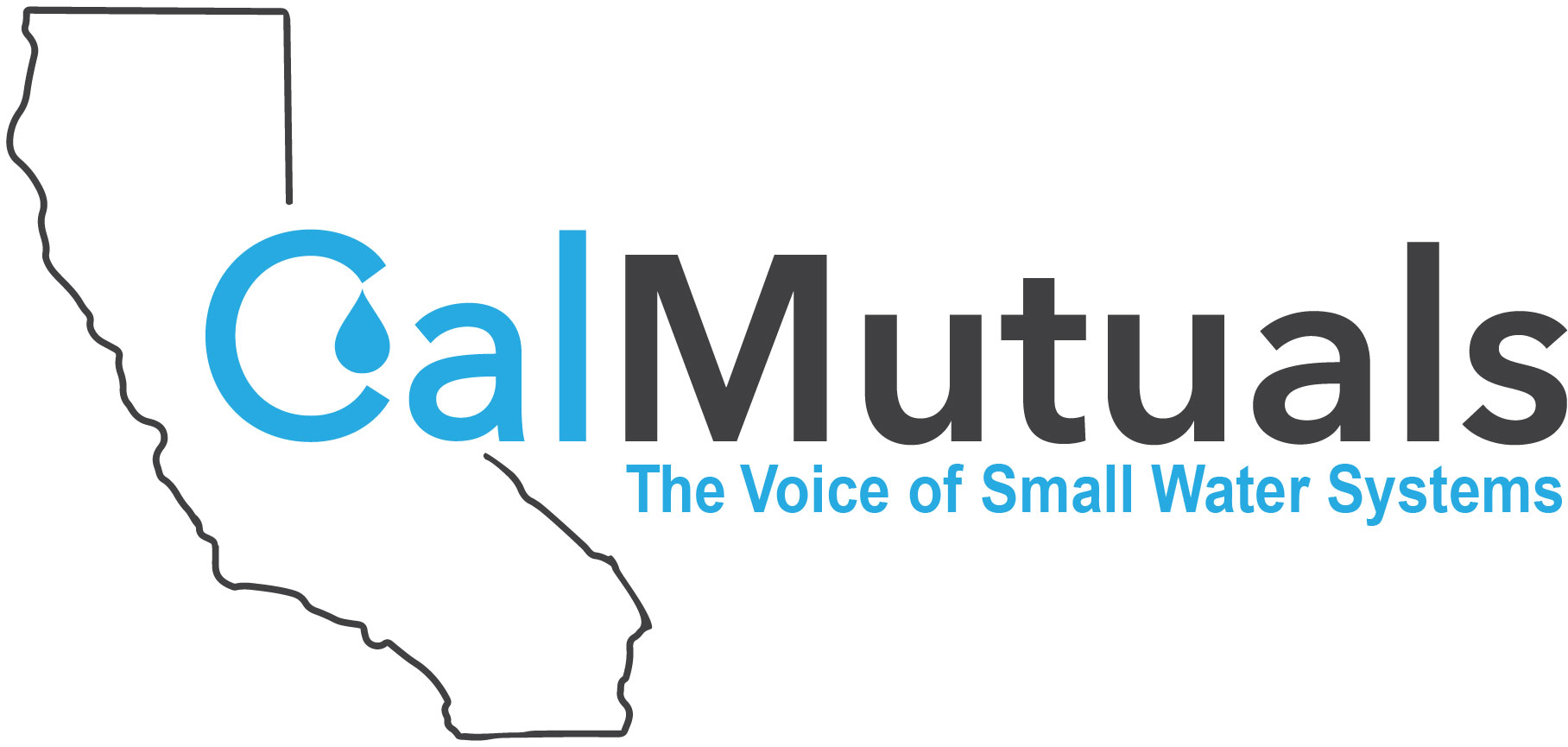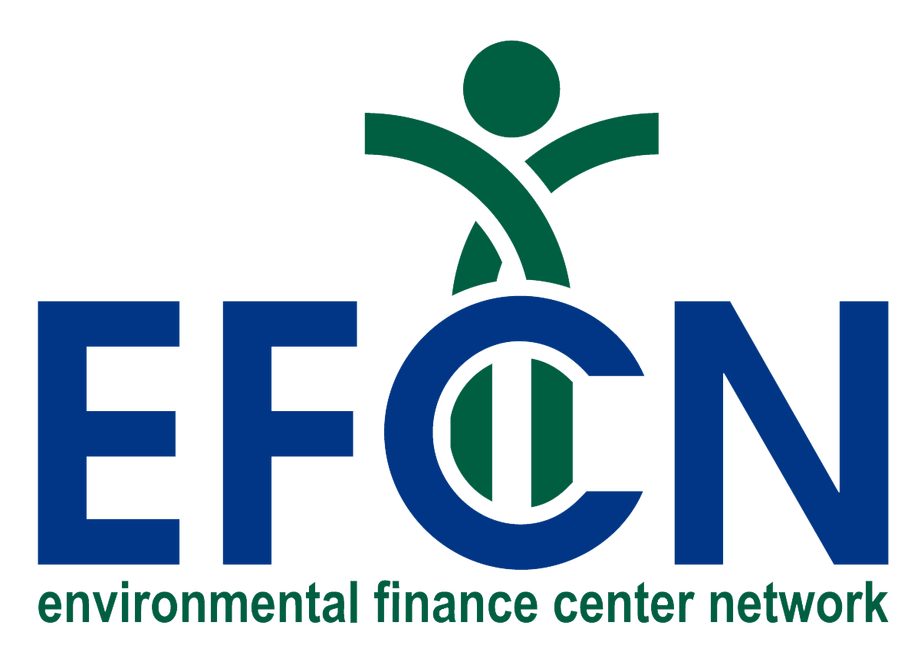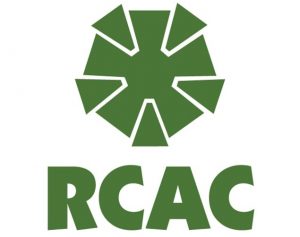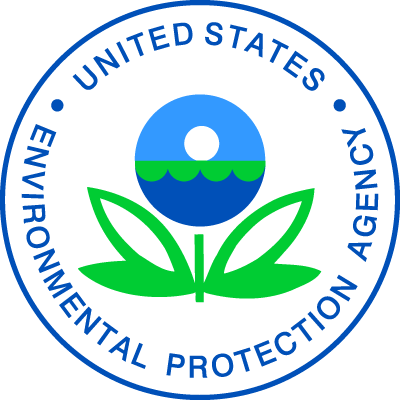Webinar | PA Workplace Safety Committee Certification Training
Webinar OnlyOnline Webinar - Available to members with CalMutuals JPRIMA Worker's Compensation insurance only. This safety committee certification training webinar meets the requirements set by the Commonwealth of Pennsylvania and can help improve your safety program. During this training we’ll discuss: The PA Workplace Safety Committee Certification Program requirements How to lead and operate a productive safety committee meeting How to identify workplace hazards and reduce work-related employee injury and illness How to conduct effective workplace incident investigations To learn more or sign up: Visit TheZenith.com, scroll down to Zenith Solution Center. You can also contact us at 800-440-5020 or email ecommerce@thezenith.com




